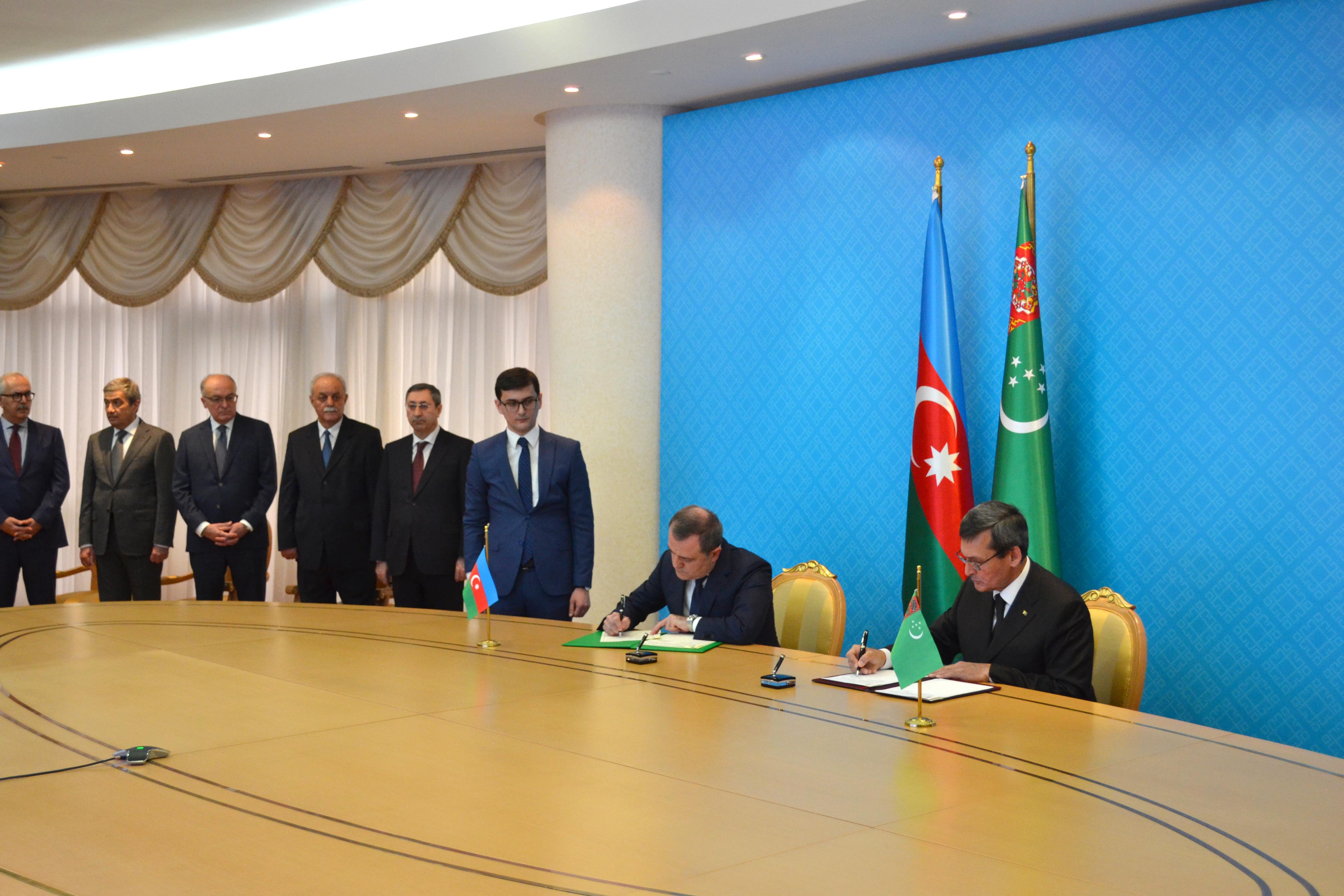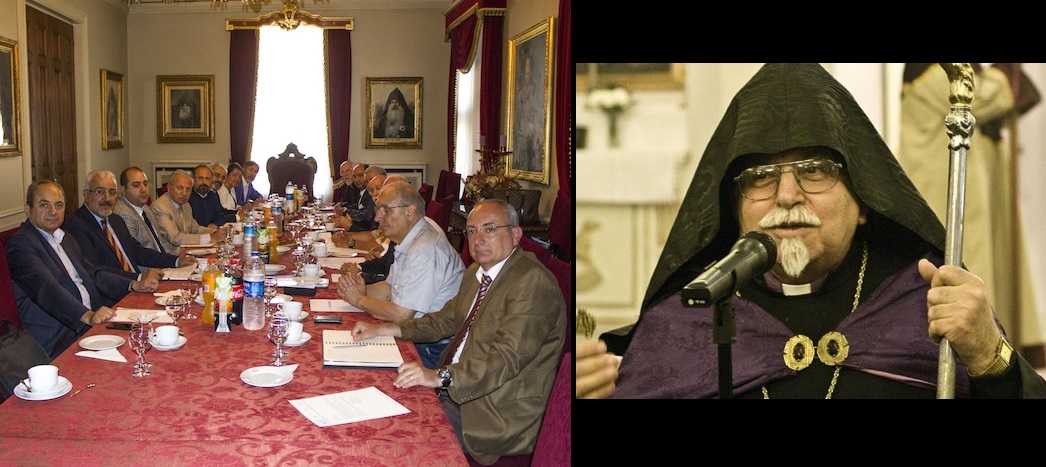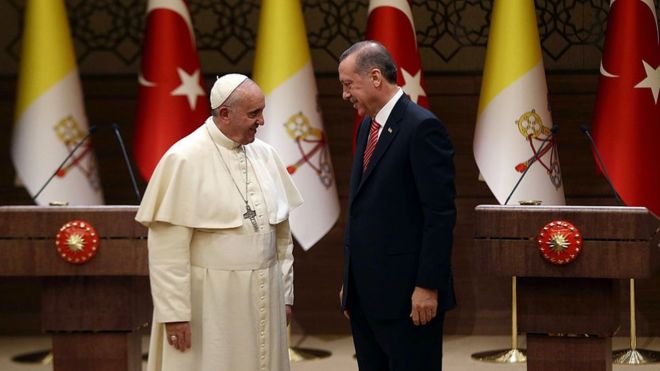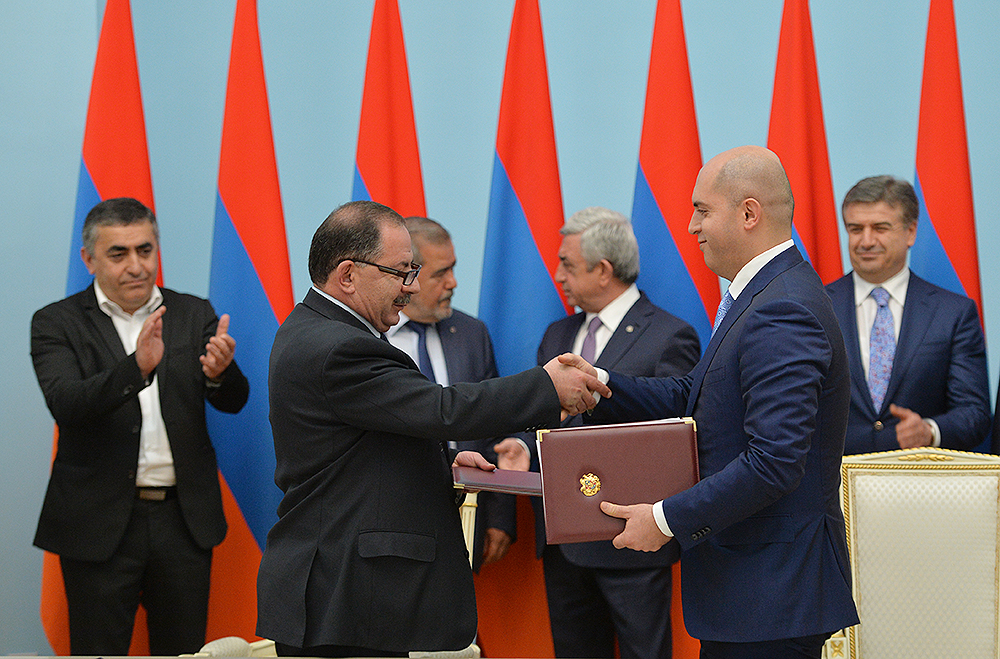The Azerbaijan-Turkmenistan agreement signed on 21 January that foresees the joint exploration and development of a hydrocarbon field in the Caspian seafloor has hit the headlines of international press. According to estimates, this hydrocarbon field, which was named Dostluk (En: Friendship), contains 50-100 million tons of oil and 30 billion cubic centimeters of natural gas.
These figures are significant, but not as much to let the Dostluk field become a game changer with respect to the global energy scene. To understand this point, one may compare the amount of the natural gas reserve at Dostluk field with the 21 trillion cubic meters of gas that is present in Turkmenistan’s Galkynysh Gas field in the east of the country. So, why has the Azerbaijan-Turkmenistan deal caused such a significant interest among the expert community?
The answer of this question has, indeed, been given by most of the commentators; the deal between Azerbaijan and Turkmenistan may be signaling the heightened prospect of the realization of the long due topical issue of the construction of the Trans-Caspian Pipeline that would carry the Turkmen gas to the European market via Azerbaijan and Turkey.
The transit of Turkmen (and other Central Asian) gas to the European market is not a distant prospect. There is already a functioning Southern Gas Corridor composed of the South Caucasus Pipeline (SCP- running from Azerbaijan to Georgia), which connects to the Trans-Anatolian Pipeline (TANAP - running through Turkey), which then connects to the Trans-Adriatic Pipeline (TAP) that carries gas to Italy via Greece and Albania. Hence, the only missing link to bring Central Asian gas to the European market is the Trans-Caspian Pipeline. Given that Turkmenistan has 19.5 trillion cubic meters of gas reserve that is equivalent to 10% of the world total (making this country the world's fourth largest gas reserve), the construction of the Trans-Caspian Pipeline could bring considerable changes to the global energy scene.
Presently, the capacities of SCP, TANAP, and TAP are 20 billion cubic meters per year, 16 billion cubic meters per year, and 10 billion cubic meters per year, respectively. The capacity of the TANAP can be increased to 31-32 billion cubic meters per year and TAP’s to 20 billion cubic meters per year. The capacity of the Southern Gas Corridor could be further increased with additional investments. On the other hand, Azerbaijan can produce no more than 25-26 billion cubic meters of gas per year. Therefore, there would be no clash of interests between Azerbaijan and Turkmenistan in case of the extension of the Southern Gas Corridor to Turkmenistan. This is the reason in a nutshell why Azerbaijan-Turkmenistan deal has understandably caused excitement.
At this point, it should be underscored that the Azerbaijan-Turkmenistan deal came after the Convention on the Legal Status of the Caspian Sea signed on 12 August 2018 by the five Caspian littoral states, namely, Azerbaijan, Iran, Kazakhstan, Russia, and Turkmenistan. This convention is particularly important for being the major move resolving long lasting disputes over the status of the Caspian Sea, as well as the related disagreements on different issues such as regulations on navigation and fishery, environmental protection and extraction of natural resources. The Azerbaijan-Turkmenistan deal, which could be viewed as a corollary of the 2018 Convention indicates that a new era of friendly relations and cooperation in the Caspian region is in sight. This is obviously a hopeful development for stability, security, and prosperity in the region.
From a Turkish perspective, extension of the Southern Gas Corridor to Turkmenistan is a very welcomed prospect. This is so not only because of the optimistic prospects about stability, security, and prosperity in the region, which would have positive implications for Turkey’s relations with Central Asia and its energy security. In addition to these, by the extension of the Southern Gas Corridor, Turkey would gain leverage to pursue its policy of becoming an energy transit corridor or hub. Besides, the increasing capacity of the Southern Gas Corridor that would make Turkey a more strategically important pipeline would help Turkey and the West to improve their relations on the basis of tangible and mutually beneficial economic and strategic connections.
* Photo: Ministry of Foreign Affairs of Turkmenistan
© 2009-2025 Center for Eurasian Studies (AVİM) All Rights Reserved

 ATTEMPTS AT DIASPORIZING TURKISH ARMENIANS - I
ATTEMPTS AT DIASPORIZING TURKISH ARMENIANS - I
 WHY IS THE TRADITIONAL PROCESS REGARDING THE PATRIARCH ELECTION BEING OPPOSED?
WHY IS THE TRADITIONAL PROCESS REGARDING THE PATRIARCH ELECTION BEING OPPOSED?
 COMMEMORATIVE STAMPS FOR GULBENKIAN
COMMEMORATIVE STAMPS FOR GULBENKIAN
 NEW SCHOLARLY ARTICLE ON THE TURKISH-ARMENIAN HISTORICAL CONTROVERSY
NEW SCHOLARLY ARTICLE ON THE TURKISH-ARMENIAN HISTORICAL CONTROVERSY
 PRESIDENT ERDOĞAN AND POPE FRANCIS’ MEETING AT THE VATICAN
PRESIDENT ERDOĞAN AND POPE FRANCIS’ MEETING AT THE VATICAN
 THE TURKISH-ARMENIAN DISPUTE: WHO HAS SOMETHING TO HIDE?
THE TURKISH-ARMENIAN DISPUTE: WHO HAS SOMETHING TO HIDE?
 BOTH SIDES IN SYRIA ARE TARGETING CIVILIANS, U.N. REPORT SAYS
BOTH SIDES IN SYRIA ARE TARGETING CIVILIANS, U.N. REPORT SAYS
THE MESSAGE OF THE PRIME MINISTER
 COALITION MEMORANDUM BETWEEN THE RULING RPA AND THE ARF IN ARMENIA: NOTHING NEW AFTER THE 2 APRIL 2017 ELECTIONS
COALITION MEMORANDUM BETWEEN THE RULING RPA AND THE ARF IN ARMENIA: NOTHING NEW AFTER THE 2 APRIL 2017 ELECTIONS
 ARMENIA COUNTRY GENDER ASSESSMENT REPORT
ARMENIA COUNTRY GENDER ASSESSMENT REPORT




























